Recruiting Command's grassroots outreach program -- launched in 2007 with one community advisory board in Dallas/Fort Worth -- now includes more than 40 active boards across the country. One of the fundamental goals: Get America involved in recruiting its Army.
"It's your Army. It's not ours who wear the uniform; it's yours. It's the nation's Army," said Lt. Gen. Benjamin C. Freakley, Commanding General of the U.S. Army Accessions Command at Fort Knox. "But we just don't have a dialogue nationally about service."
During a conversation with leaders from 28 community advisory boards earlier this month, Freakley said the Army is more disconnected from society, especially after closing its installations to the public after 9-11.
"We separate ourselves more and more from the American people. The American people don't know about their Army. ... That's why you are so incredibly important to us, to connect us locally with the people. You are an incredible linkage at the local level ... between civilian leadership and military leadership to share the stories of America's Army."
Advisory board representatives gathered with U.S. Army Accessions, Recruiting and Cadet Command leaders to network, brainstorm, share best practices and discuss ways to improve the effectiveness of advisory boards for both the Army and their communities.
"We are at a point in time when we can partner with the Army and help shape the future of America. Think about how powerful that is. We want to step up, we want to serve, we want to help," said Ken Wong, a Philadelphia businessman who served as moderator for the workshop hosted by Accessions Command in Columbus, Ga.
Wong was instrumental in launching the Philadelphia Grassroots Advisory Board, one of the five pilot market boards established in 2008-2009 following the success of the Dallas/Fort Worth board. He now also serves as an advisory board leadership mentor.
Though boards are initiated within a community by the Army, they are run by civilian community leaders. Wong calls his board "just a group of good Americans who want to get in the mix and something done" to support not only the Army, but also the nation.
"We are excited about this," said Atlanta business, political and civic leader Gene Hanratty, chair of the city's recently established grassroots board. "We feel like we are going to make a really significant contribution, not only to the Army, but also to Atlanta and the surrounding area for these young men and young women [who are enlisting], especially as they come back and join the community again."
The number of boards continues to grow as word spreads and more individuals take action to get their communities involved in advising and supporting their Army's recruiting efforts.
Board members - often charged by one another with specific tasks based on their community/business expertise - help open doors and solve problems for their area Army leaders/recruiters, as well as create partnership opportunities within their communities to help tell the Army story, according to Michael Thomas Sr., a program manager at the University of Michigan-Dearborn and chair of the Detroit board.
He said it's important for boards to look for opportunities to put Soldiers in front of young people to tell their Army stories, but the partnership must go both ways to be successful. His board is exploring projects to have Soldiers teach students skills they have learned through the Army, such as leadership, values, conflict resolution, resilience and techniques to combat bullying.
The boards, which typically meet quarterly, are as unique and diverse as the communities they serve, and their focus areas are continually evolving based on the needs of the local recruiters and the communities.
Board members are incredibly valuable in helping recruiters make the best use of the advocates and centers of influence in their footprint, according to Dr. Rebecca Morgan, a career counselor at Fullerton College and the Southern California Grassroots Advisory Board chair. There are a lot of people who want to help support the military in their communities, but they don't know how - and recruiters don't always know how or what to ask their influencers to do for them. She said that is a small, but critical area where boards can get involved.
"They know the nuts and bolts of recruiting, we know the nuts and bolts of the community - that's why it's a partnership," said John Mikelson, a University of Iowa veterans adviser and Iowa City advisory board member.
Research conducted by the Army's advertising agency shows the grassroots efforts have made a difference in the attitudes toward military service in the markets where boards are located, according to Denny Shields, Weber Shandwick vice president who's been working with the grassroots program for more than four years. The key to that success is having third-party advocates speaking on behalf of the Army, sharing the Army message and encouraging service.
"Someone on the Army team can say, 'It's a good thing to join the Army,' ... but when Rafael Torrens [a grassroots board member] in Puerto Rico says, 'It's a good thing to join the Army,' the credibility for that proposition has just increased exponentially," Shields said. Grassroots advisory board leaders are incredibly influential in their communities and what they say carries a lot of weight.
With recruiting going well right now, Freakley said advocates might question if they are really needed to help support and tell the Army story.
"We need you more than ever," Freakley said. As the opportunities to serve become more competitive, the military needs advocates in diverse communities across America who open peoples' minds not only about the possibilities of service, but also the stringent qualifications. He said the Army - and more importantly, the nation - needs committed advocates spreading the messages about the importance of staying in school, staying out of trouble, and establishing good health and fitness habits early in life.
"All of us ... have to do whatever we can to give kids options to succeed, regardless of whether they are coming in the military or not," said Maj. Gen. David L. Mann, USAREC commanding general. "We all have a stake in this. You represent leaders in academia, business and local communities; it is only with your help that we can ensure we maintain the strength of this Army and that folks truly understand and embrace the significance and importance of serving one's country."
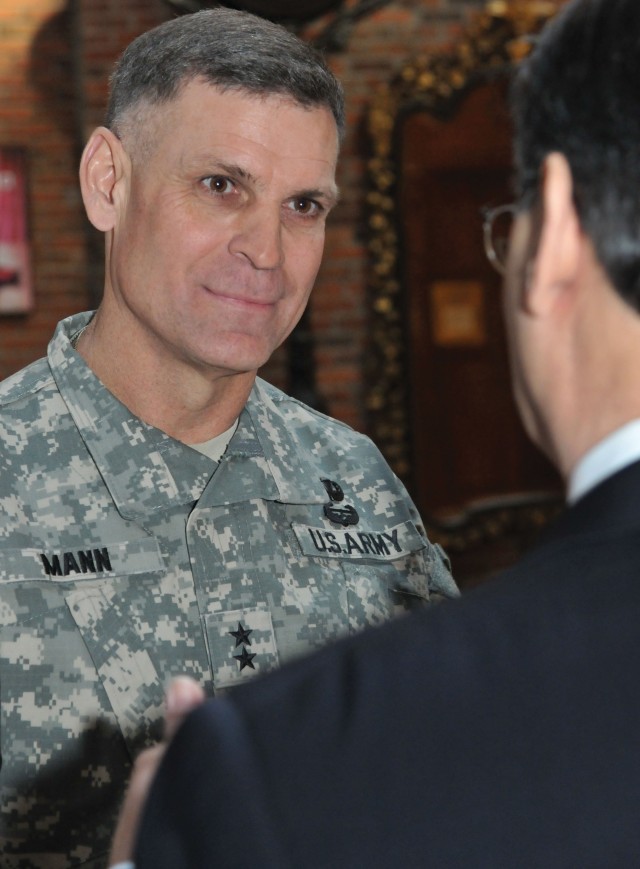
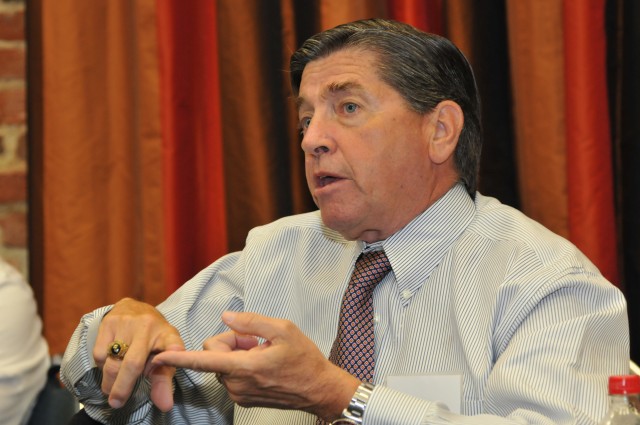
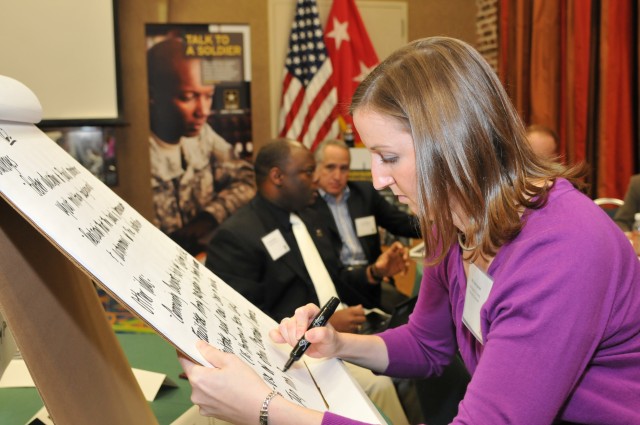
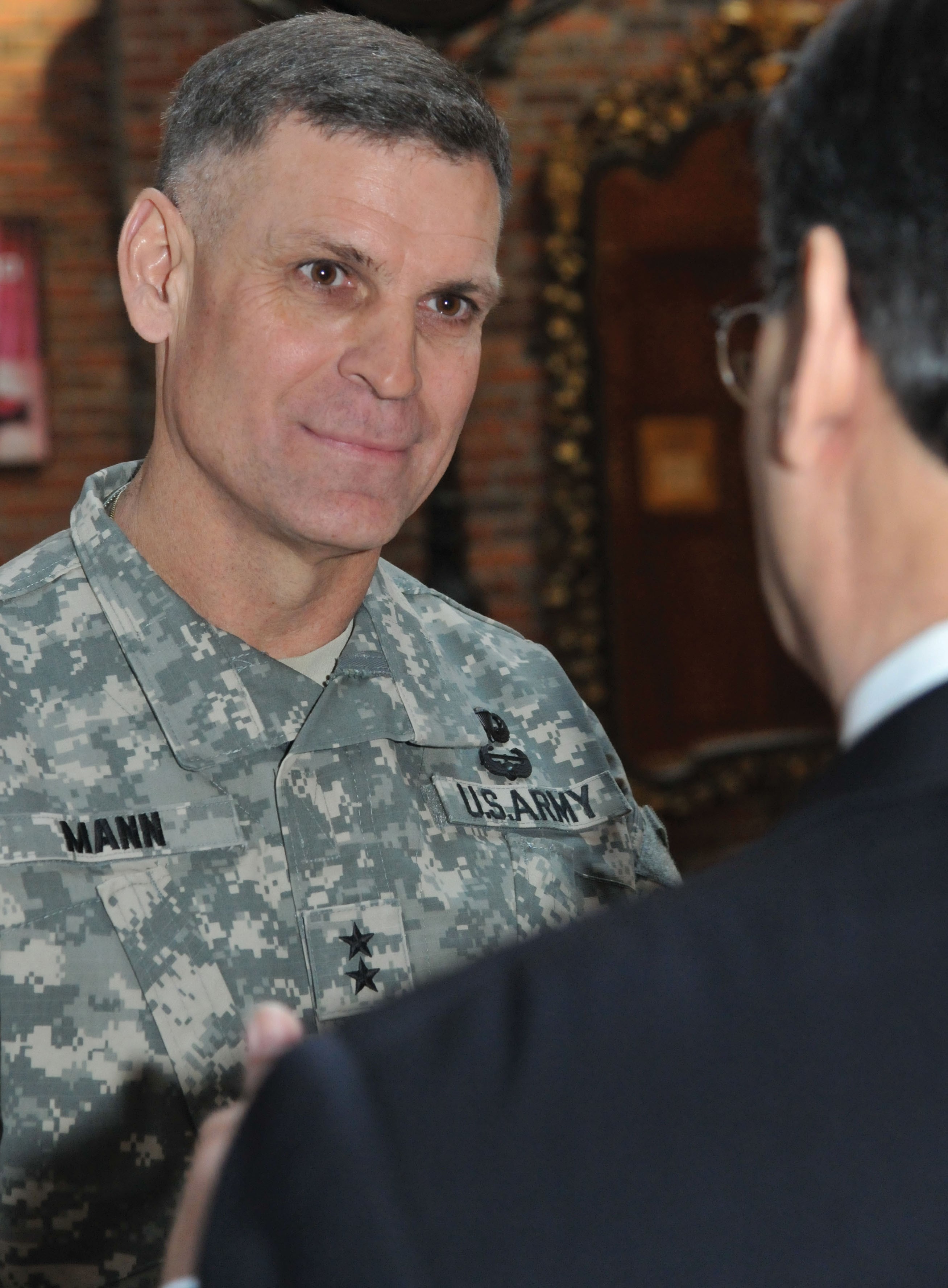
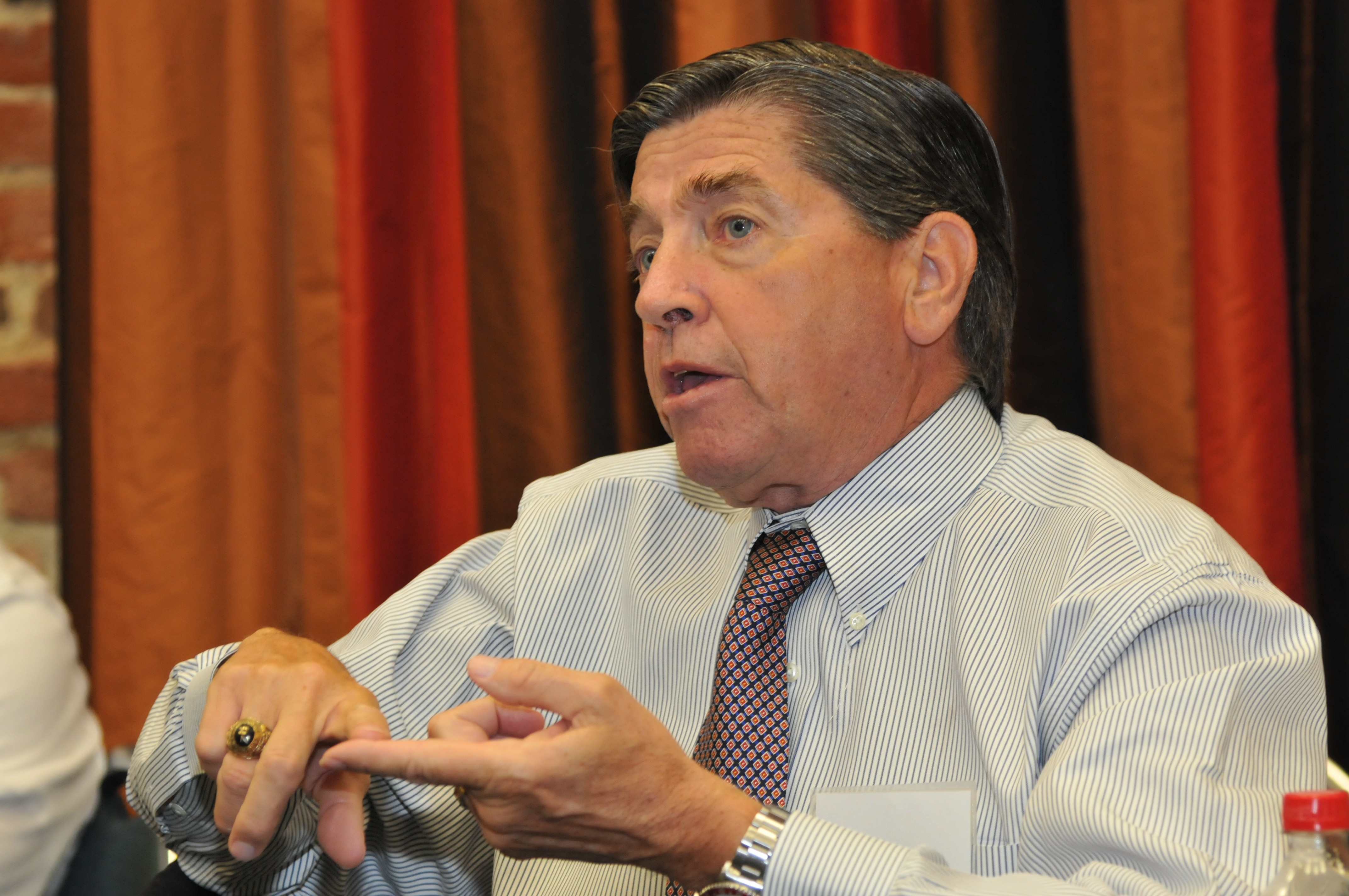
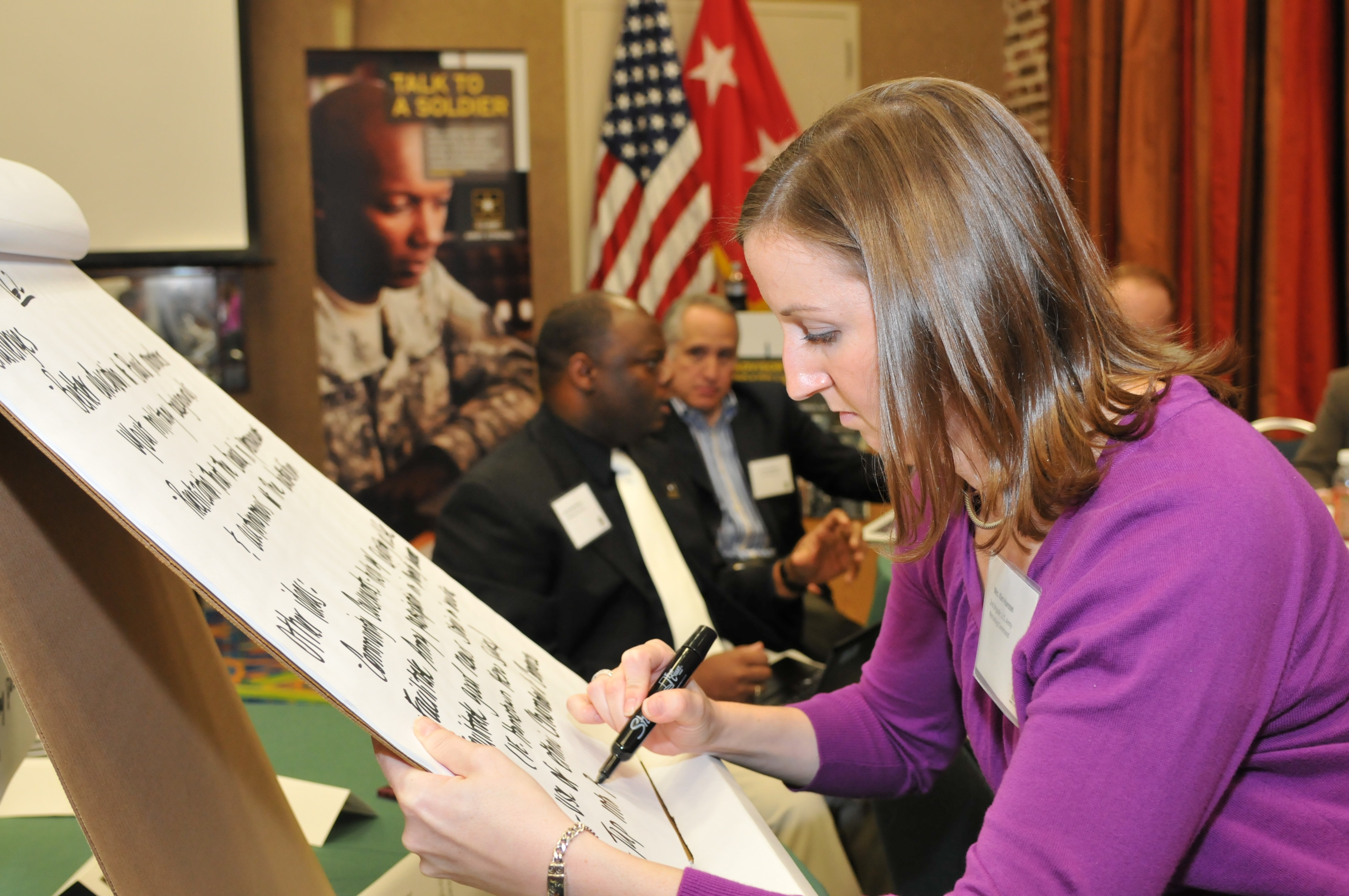
Social Sharing